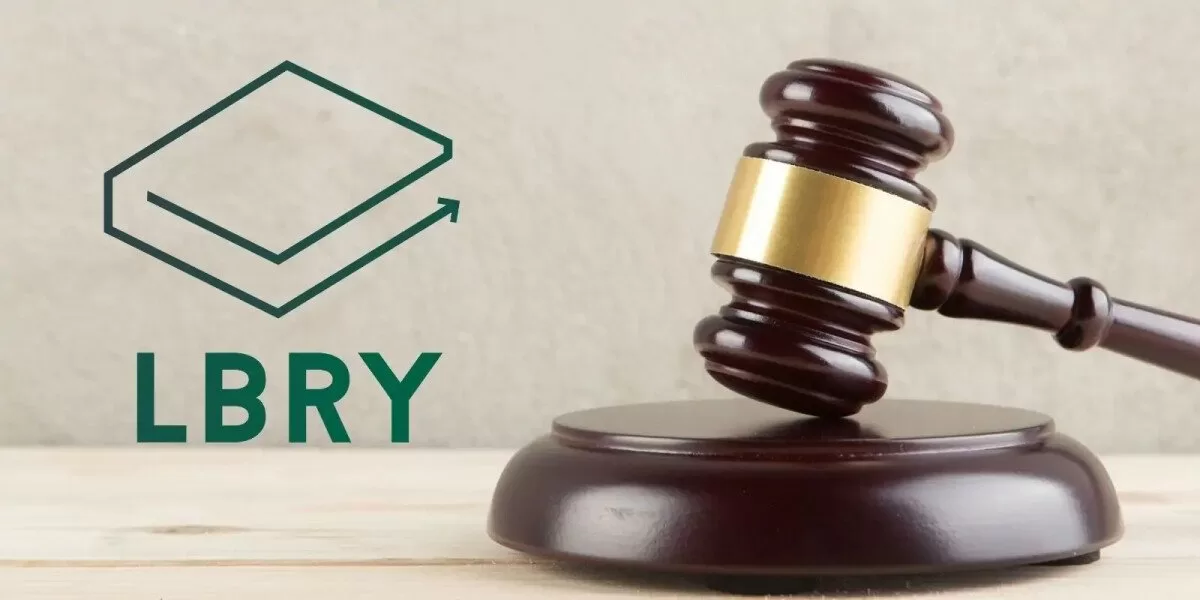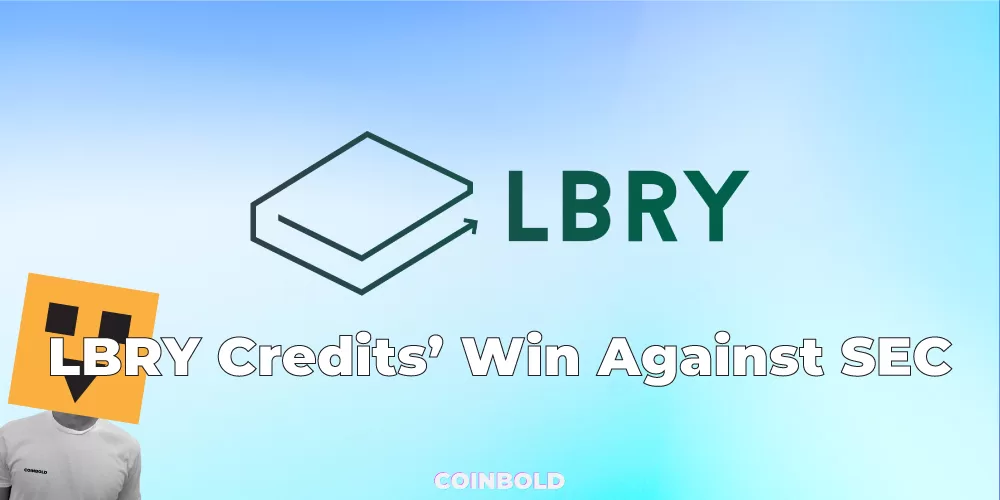The United States Securities and Exchange Commission (SEC) has been investigating a number of crypto-related businesses and projects on the grounds that they are allegedly engaged in the sale of unregistered securities. The SEC prevailed in a dispute brought against LBRY Credits in November of the previous year, when the court decided that an investment contract may be considered an LBC token. Nevertheless, in a recent victory for the LBRY community, the court made it clear that the decision did not apply to sales on the secondary market.
LBRY Credits is victorious in a significant battle against the SEC.
In the ongoing legal battle between LBRY and the SEC, attorney John Deaton has resolved a contentious issue. The decision that was rendered in November in favor of the SEC may have provided the regulatory body with credibility over the secondary bitcoin market. As a result of this, the SEC requested that the order that prohibits the sale of LBC be clarified from the judge who presides over the district court in New Hampshire.

The primary focus of Deaton’s defense was on the SEC’s history of litigation against him. He made reference to a report that had been published by commercial contract attorney Lewis Cohen. In it, he evaluated all of the security litigation that had been brought in the United States since the SEC vs. Howey lawsuit. In none of these cases was it determined that the underlying asset should be considered a security by the court.
Before the court, Deaton argued his position about the reasons why LBC secondary market sales could not be considered to be securities. He stated that the SEC failed to make a distinction between the management of the firm, its customers, and the token. The court decided, after hearing Deaton’s argument, that the injunction that was issued in November did not apply to sales that occurred on the secondary market.
The XRP community receives a spark of optimism from the LBRY vs. SEC matchup.

In December of 2020, the SEC initiated a case that was similar to this one against Ripple and its management. The regulatory authority has come to the conclusion that XRP is a security, and that the company’s management participated in an unregistered securities offering.
The judge who presided over the recent decision in the matter of LBRY vs. SEC decided that the selling of LBC tokens on secondary markets did not meet the requirements to be considered securities. The XRP community has come out to suggest that the verdict indicated that XRP was also a non-security, which might work in favor of Ripple. This judgment could work in Ripple’s advantage.
The verdict has been interpreted by some users to mean that the SEC may be forced to reach a settlement with Ripple. In regard to his work in the Ripple vs. SEC lawsuit, the XRP army had nothing but praise for Deaton.
The SEC is of the opinion that the vast majority of cryptocurrencies are securities.
The verdict may also dissuade the SEC from continuing to hold the idea that the vast majority of cryptocurrencies currently available on the market are securities. The chairman of the Securities and Exchange Commission (SEC) has said in the past that Bitcoin is the only cryptocurrency asset that has the potential to be categorized as a commodity.
The Securities and Exchange Commission (SEC) has only just initiated legal action against the defunct cryptocurrency lender Genesis and the Gemini exchange, alleging that the Gemini Earn product constitutes a security. After Genesis temporarily froze withdrawals and then filed for bankruptcy, the customers of the Gemini Earn program were forced to tally up their losses.
After the lawsuit was filed, the co-founder of Gemini, Tyler Winklevoss, voiced his displeasure with the SEC. He said that the exchange had attempted to contact the regulator in order to clarify the current standing of Gemini Earn but had been unsuccessful. The LBRY community has also voiced their disapproval at the SEC for their lack of collaboration with various participants in the cryptocurrency business.
Compiled by Coinbold



